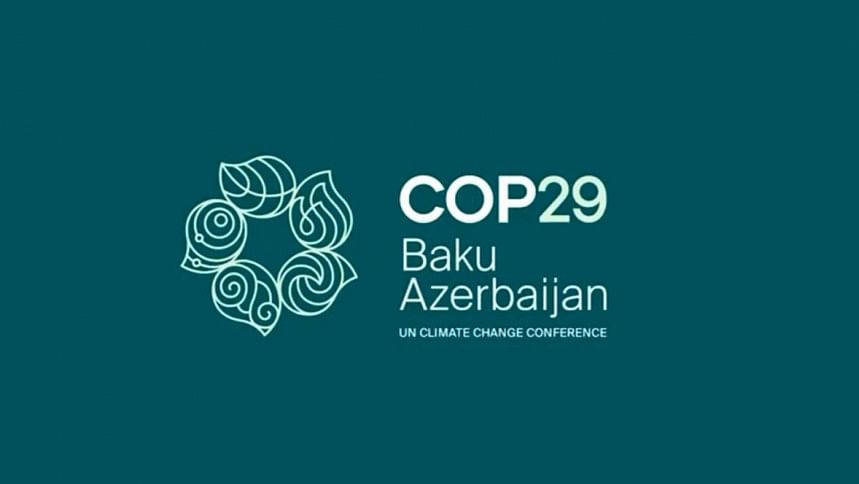COP 29: Civil society for ambitious climate action

The Climate Justice Alliance-Bangladesh, a coalition of 40 civil society organisations led by the Centre for Participatory Research and Development (CPRD), has urged COP 29 to prioritise ambitious climate action, with a focus on the needs of Least Developed Countries.
In a position paper-sharing event titled "COP 29 Position Paper Unpacking and Sharing: Articulating CSOs' Position Together," held in Dhaka, the alliance called on COP 29 to adopt a 1.5°C-aligned, ambitious Nationally Determined Contributions (NDC-3) with adequate financial and technical support for vulnerable nations. The alliance also demanded a definitive timeline for phasing out fossil fuels, finalising Article 6 of the Paris Agreement, and establishing a clear framework for a just transition.
Notable, 1.5°C-aligned refers to limiting global warming to 1.5 degrees Celsius above pre-industrial levels, a target considered safer for reducing severe climate impacts.
Meanwhile, NDCs are individual countries' climate action plans that set targets to cut emissions and are updated periodically to be more effective.
Besides, Article 6 of the Paris Agreement focuses on how countries can cooperate on emissions reductions, including through carbon markets and sharing resources.
The alliance's recommendations included a standardised definition of climate finance, an ambitious New Collective Quantified Goal (NCQG) with an emphasis on concessional, grant-based funding, and a balance between adaptation and mitigation finance.
Priority, they stressed, should go to LDCs, Small Island Developing States (SIDS), and other vulnerable nations, with a focus on gender-responsive funding.
NCQG is a global target set by countries to increase climate finance, providing funds to help vulnerable nations adapt to climate change and reduce emissions, replacing the previous $100 billion annual goal.
Md Shamsudohha, CPRD's chief executive and alliance coordinator, said the NCQG should feature robust monitoring, reporting, and verification indicators, and called for dedicated funding for women and marginalised groups.
Talha Jamal, country director of Islamic Relief Bangladesh, praised CPRD's leadership in uniting CSOs for climate justice and urged government representatives to heed civil society recommendations.
Shaheen Anam, executive director of the Manusher Jonno Foundation, called on Multilateral Development Banks to prioritise equitable financing for mitigation, adaptation, and loss and damage, rather than relying on private financing which may impose debt burdens on vulnerable countries.
Other speakers included Sharif Jamil of Waterkeeper Alliance, Hasin Jahan of WaterAid Bangladesh, AKM Saiful Islam from BUET, and Adnan Ibne Abdul Kader, Climate and Water Governance Specialist at WaterAid, all stressing the need for COP 29 to adopt fair, accessible financing mechanisms that respect human rights and address climate-induced rights violations.

 For all latest news, follow The Daily Star's Google News channel.
For all latest news, follow The Daily Star's Google News channel. 



Comments